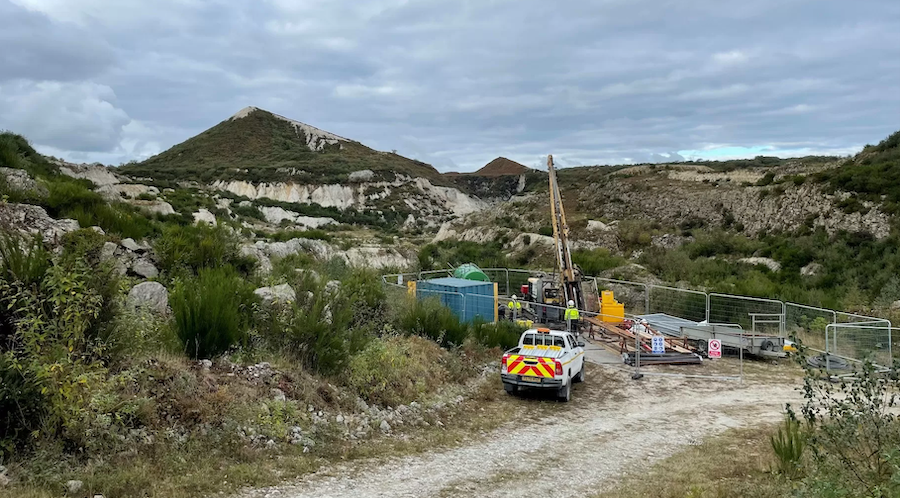Cornish Lithium secures initial $67m to keep UK project alive

British start-up Cornish Lithium has secured a much-needed $67 million loan to continue with its plans to open a lithium mine in the UK, potentially the country’s first.
The investment, led by state lender UK Infrastructure Bank (UKIB), is part of a larger funding package of up to $210 million that includes the participation of Energy & Minerals Group (EMG) and Cornish Lithium’s largest existing institutional shareholder, TechMet.
The company said the funds will allow it to progress its Trelavour project to a construction-ready status, accelerate the construction of a demonstration plant for lithium processing and complete design work required to build a demonstration-scale geothermal waters extraction facility.
The investment is part of the UK government’s push to create a domestic supply of battery grade lithium that can support the scaling up of domestic production of batteries for electric vehicles (EVs) and battery energy storage solutions.
Cornish Lithium plans to extract lithium from hard rock in a repurposed clay pit at Cornwall, southwest England. Its intention is to produce about 8,000 tonnes per year of battery-grade lithium hydroxide.
UKIB’s intervention comes about six weeks after the company warned it could go bust if it failed to secure additional funding.
The UK doesn’t have lithium operations, which means all its needs are met by supply from the world’s top producers of the metal — Australia and Chile.
Cornish Lithium had hoped to begin production by 2026, which would have allowed it to take advantage of the European Union’s current push to rebuild its automotive supply chains around battery metals and foster the adoption of EVs.
Another company is also eying Cornwall for its battery metals ambitions. British Lithium teamed up with France’s Imerys (FRA: IY4) in June to start a mine able to produce enough lithium to power 500,000 EVs a year by the end of the decade.
European Commission Vice President Maros Sefcovic has said that by 2025, large-scale battery plants currently under construction will produce cells to power at least six million EVs.
British carmakers have additional pressure, as the government has vowed to stop the sale of new diesel and gasoline vehicles by 2030.
{{ commodity.name }}
{{ post.title }}
{{ post.date }}




Comments